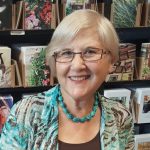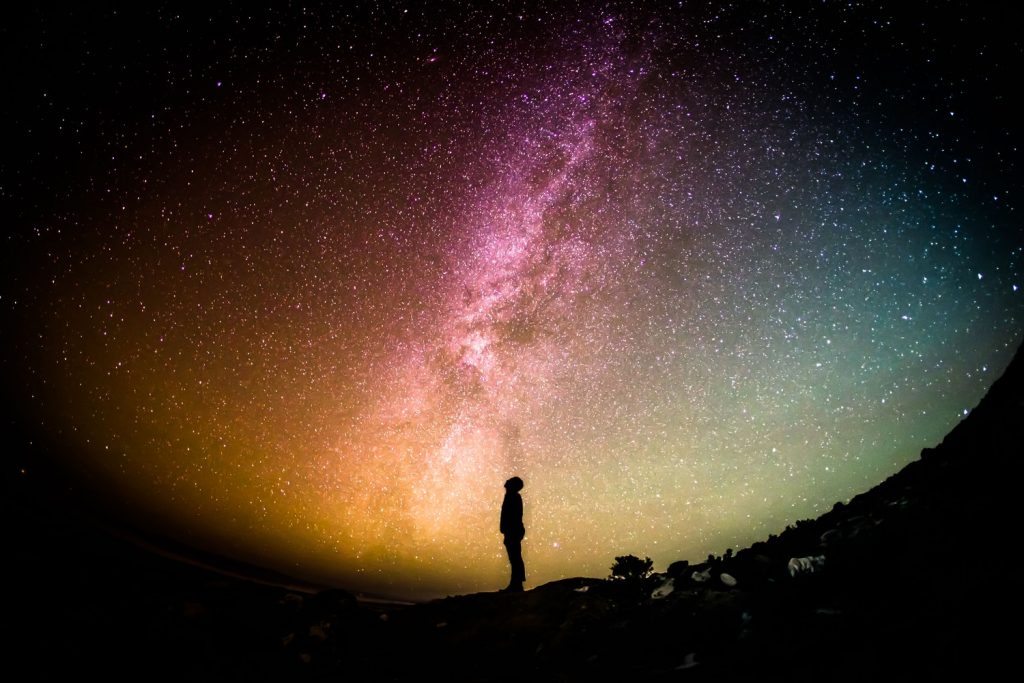Three Poems from Reverberations from Fukushima
Three Poems from Reverberations from Fukushima: 50 Japanese Poets Speak Out, edited by Leah Stenson and Asao Sarukawa Aroldi
Helen Keller’s Fingerprints
by Masanori Shida
Translated by Naoshi Koriyama
People around me let me touch their faces without saying anything.
– Helen Keller
Helen Keller, who returned briefly to Japan in 1948,
visited Hiroshima.
She directly touched the A-bomb survivors’ keloid scars
and came to understand the horrors of the Atomic Bomb.
For Helen, who had lost her eyesight and hearing,
touch was her only means of knowing the world.
And her thin fingertips could extensively read
the absurdity of humanity
more clearly than the eyes and ears of those who can see and hear.
If Helen were to visit Fukushima now
and touch the ground with her fingertips,
what kind of scream would pierce her skin
and shake her soul?
We cannot see, though we have eyes.
We cannot hear, though we have ears.
Helen’s fingertips would point out
the absurdity of trying to rationalize our crime
simply out of attachment to fleeting prosperity.
Ah, I myself would like to touch the ground lovingly
with my own living fingertips
and open my eyes wide and listen attentively with my ears,
and pass the baton to the future with my own hands.
Our Housedog Was Watching Us
by Akira Kijima
Translated by Yorifumi Yaguchi
The earth of Fukushima is
reflected in its moist beige eyes,
though people see only barren land in them.
Domesticated animals were let loose in the fields.
They calmly run around there kicking up the ashes of death.
For ten years or a hundred years
the field will keep refusing humans.
Dogs once seen on remote surveillance cameras
have disappeared from those areas.
Their genes of obedience were cut off by the radiation.
Will they revert to the blood of wolves that they had long ago forgotten?
For a thousand years, or for ten thousand years,
their cellular divisions will continue.
What kind of evolution will these animals undergo
as a result of the radiation?
And in what kind of world will they live?
Will there be a place for people?
Dogs accompanied by cows, pigs, and horses
raise their voices together in a battle cry
on the roofs of the deserted reactor buildings.
Awakened by this nightmare,
I find my housedog watching me.
Was it listening to the cries of the pack coming from a distant future?
In its moist eyes I found myself getting lost.
To The New Generations
by Jun Nakamura
Translated by Junko Kimura
To the new generations
We have to apologize to you
for having deprived you of:
the ground where you would have been able to walk barefoot,
the snowy fields into which you might have plunged with abandon,
the shallow brooks that you could have splashed through,
the woods where you might have enjoyed sunbeams through the leaves,
colorful pools of fallen leaves,
crops safe and full of energy from the earth.
We have to apologize to you
for having exchanged lovely days for dirty money,
because of our ignorance, lack of awareness and stupidity,
for the lies of the gorgeous illuminations we conveyed,
for conveniences of life that you can control with a finger,
for a delicious lunch emitting 490 Bq of cesium,
for beautifully dished up dinners of genetically modified ingredients.
We have to apologize to you
for your damaged genes,
for the cesium detected in your body,
for your swollen thyroid gland.
What we can do now is to keep searching for
the truth, giving our warnings,
fighting on, fleeing together,
checking and selecting vegetables, meat and fish,
reconstructing our daily life with our own hands.
Let’s start again from the beginning, from the very first day
when the ocean was still clean,
the soil was still fresh,
without forgetting the day that we human beings made a big mistake,
the day the nuclear power plant began walking toward
all mothers’ wombs, toward the origin of life.






